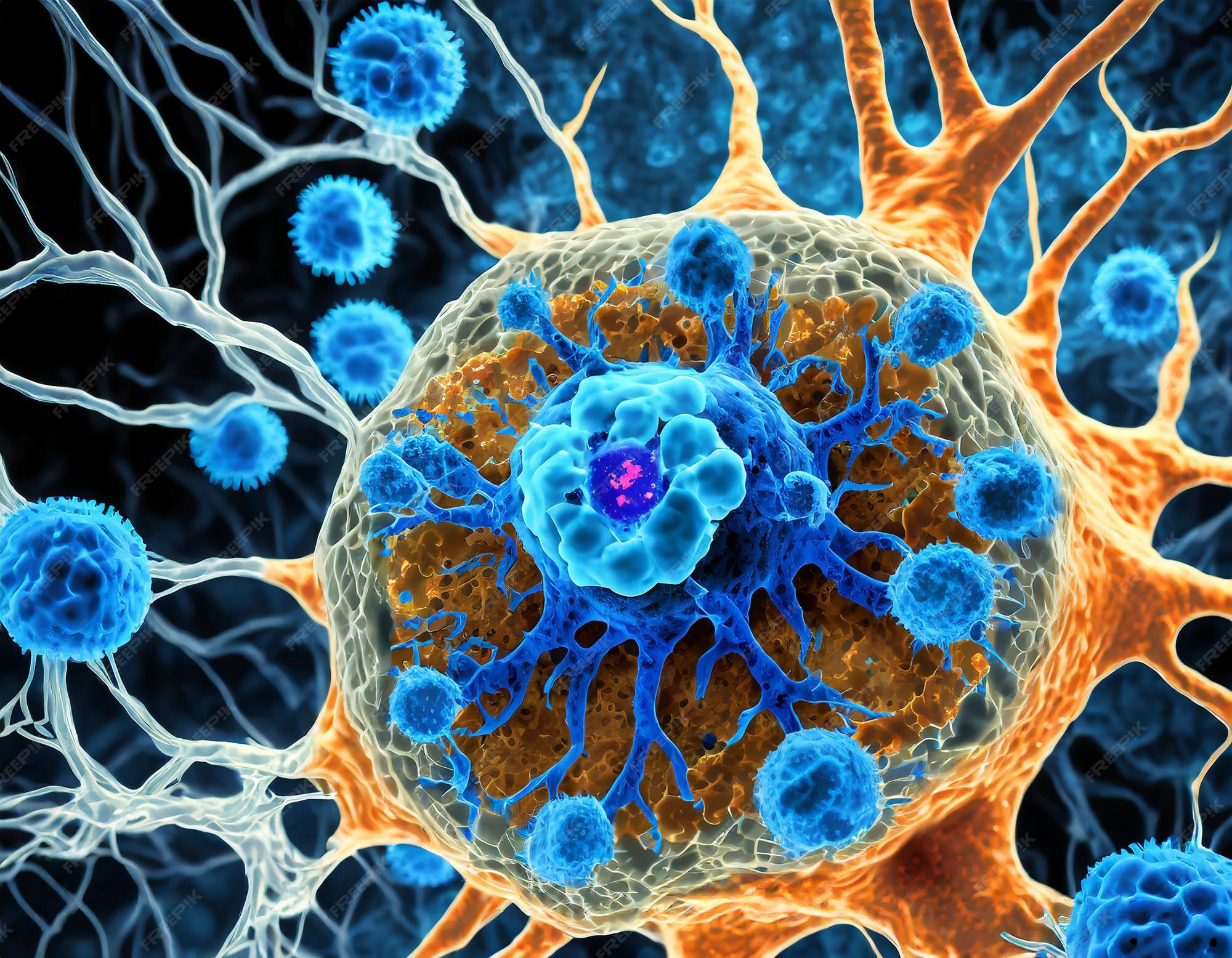Overview
Immunotherapy is a revolutionary approach to cancer treatment that uses your body's own immune system to fight cancer. Unlike traditional treatments that directly attack cancer cells, immunotherapy helps your immune system recognize and destroy cancer cells more effectively, often with fewer side effects and longer-lasting results.
Types of Immunotherapy
Checkpoint Inhibitors
Drugs that block proteins that prevent immune cells from attacking cancer cells, allowing the immune system to work more effectively.
CAR-T Cell Therapy
Genetically modified T cells that are designed to recognize and attack specific cancer cells with enhanced precision.
Monoclonal Antibodies
Laboratory-made proteins that bind to specific targets on cancer cells, marking them for destruction by the immune system.
Cancer Vaccines
Vaccines that help the immune system recognize and attack cancer cells, either by preventing cancer or treating existing cancer.
How Immunotherapy Works
Immune Recognition
Helps the immune system better recognize cancer cells as foreign invaders that need to be destroyed.
Targeted Attack
Enhances the immune system's ability to specifically target and attack cancer cells while sparing healthy cells.
Immune Memory
Creates long-lasting immune memory that can continue to fight cancer even after treatment ends.
Adaptive Response
Allows the immune system to adapt and respond to cancer cells that may change or develop resistance.
Conditions We Treat
- Lung cancer (NSCLC and SCLC)
- Melanoma and skin cancers
- Bladder cancer
- Kidney cancer (renal cell carcinoma)
- Head and neck cancers
- Lymphoma and leukemia
- Breast cancer (triple-negative)
- Gastric and esophageal cancers
- Liver cancer
- Pancreatic cancer
What We Do
Biomarker Testing
Comprehensive testing to identify which immunotherapy treatments are most likely to be effective for your specific cancer.
Expert Consultation
Specialized oncologists with extensive experience in immunotherapy and immune-related side effect management.
Response Monitoring
Advanced imaging and biomarker monitoring to track treatment response and adjust therapy as needed.
Side Effect Management
Comprehensive support for managing immune-related side effects with specialized care protocols.
Frequently Asked Questions
Immunotherapy works by boosting your immune system to fight cancer, while chemotherapy directly kills cancer cells. Immunotherapy often has fewer side effects and can provide longer-lasting responses.
Eligibility depends on your cancer type, stage, and specific biomarkers. We perform comprehensive testing to determine if immunotherapy is appropriate for your case.
Side effects can include fatigue, skin reactions, and immune-related inflammation. We provide specialized care to manage these effects and ensure your safety throughout treatment.
Response time varies, but many patients see improvement within 2-3 months. Some patients may experience delayed responses, and we monitor your progress closely throughout treatment.
Ready to Explore Immunotherapy Options?
Schedule a consultation to discuss whether immunotherapy is right for your cancer treatment plan.

